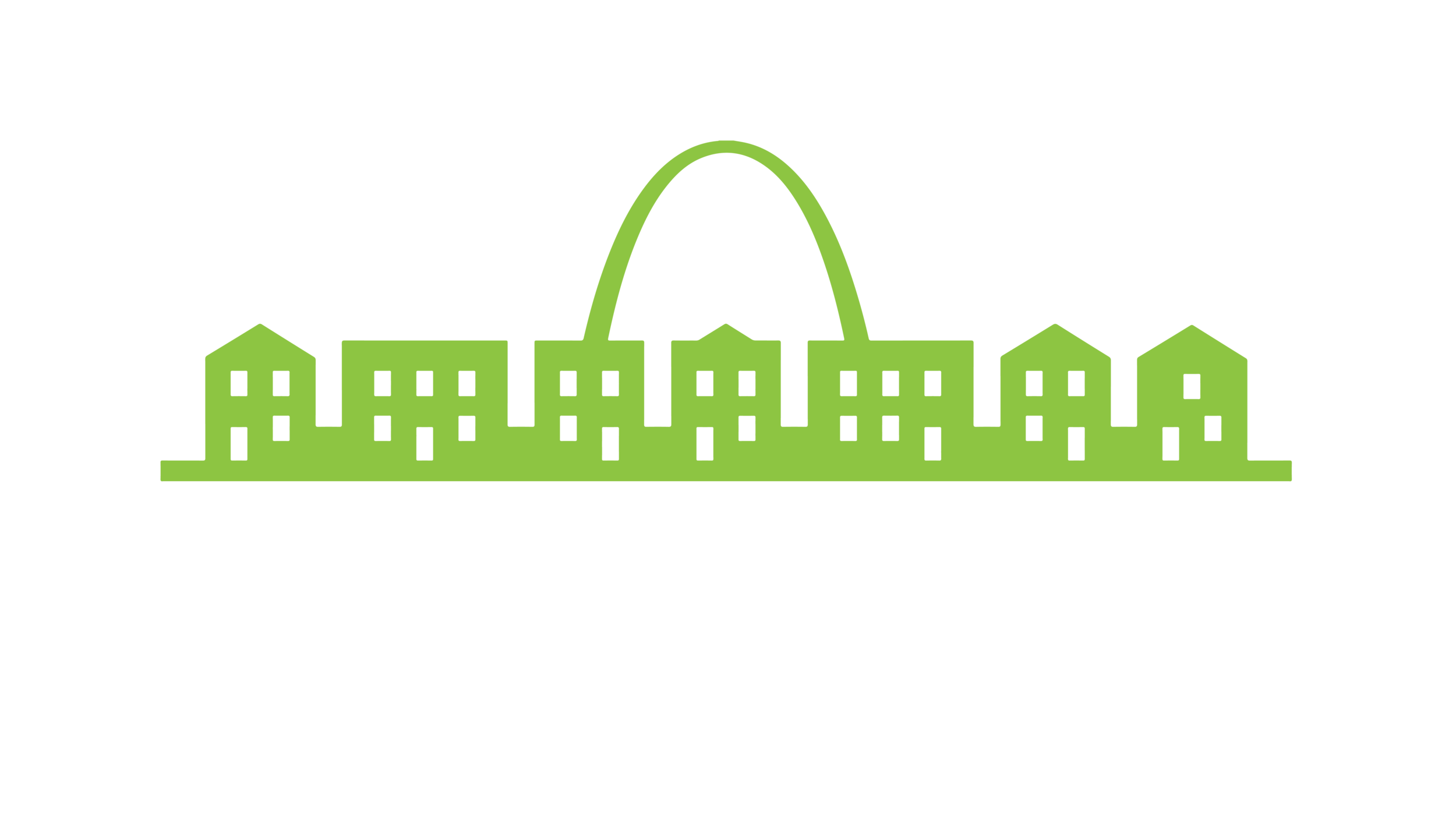A New Way Forward
The dust is beginning to settle, the media trucks are pulling out of town, but this isn’t over. The spotlight on Ferguson, the loss of life, the destruction our area has seen both physically and emotionally has taken a great toll. Now what?
After recent events in Ferguson and conflict throughout the city, it is obvious that our city faces many struggles. It faces real struggles that aren’t going away anytime soon.
Here’s the reality of the situation in St. Louis: south of Delmar Boulevard the neighborhood is 70% white. Home values there are $310,000 on average, and 67% of adults have bachelor’s degrees. Turn north off Delmar, and the story changes dramatically: The neighborhood is 99% black. Home values are $78,000 and only 5% of adults have college degrees (Washington Post). How have we let a single street create such a wide divide?
And this is only one example of the ways our city is segregated.
This segregation has existed long before Mike Brown’s death, but now there’s a spotlight on St. Louis as we respond to the brokenness in our city. Now more than ever, we’ve got to be thinking of a new way forward.
There’s already a lot of great things written about how we can respond:
#Ferguson Response: Darrin Patrick, former Pastor of The Journey church in St. Louis, writes about simple, positive responses you can begin doing today.
Good Grief – The Gospel, Race and Our Experiences: Dr. Eric Mason, lead pastor of Epiphany Fellowship in Philadelphia, wrote a great blog on how white and black people can move to a new future together by not ignoring conflict.
South Segregation – Why it’s so hard for whites to understand Ferguson: An Atlantic article on the importance of understanding how race affects our worldview, especially in the case of Ferguson, and how we can widen it by stepping out of our comfort zone.
Are We Ferguson? : In a CNN Opinion editorial, John Inazu, a law professor at Washington University, explains why we all play a part in the unrest in Ferguson.
We believe in a new way forward that includes two responses: Relationships and Opportunity. Both responses requiring us to be uncomfortable, and vulnerable. It means looking at how YOU respond, and it means recognizing that a solution isn’t quick. There are short-term responses we engage in everyday, but there are also long-term responses that require us to make a conscious and courageous efforts to bring healing to our city.
Over the next two weeks, we’ll dive deeper into what a response based on Relationships looks like, and what role Opportunity plays in a new way forward.
